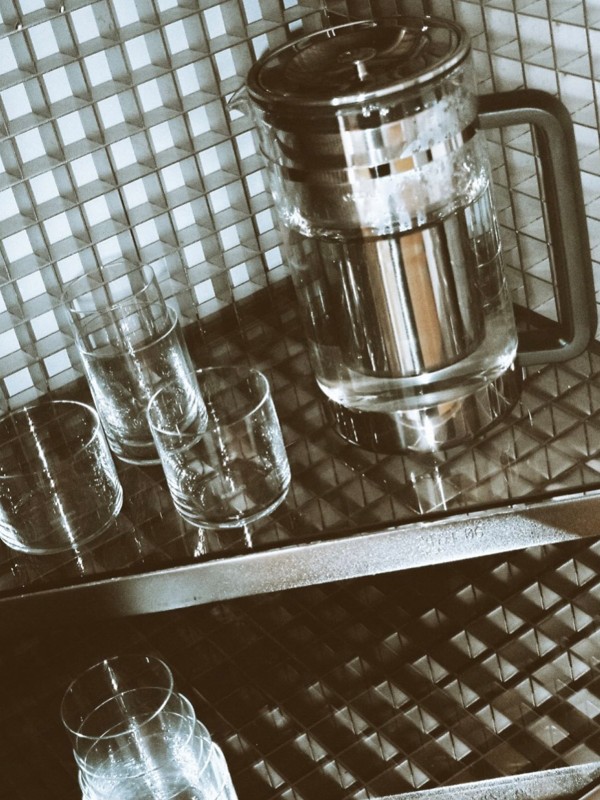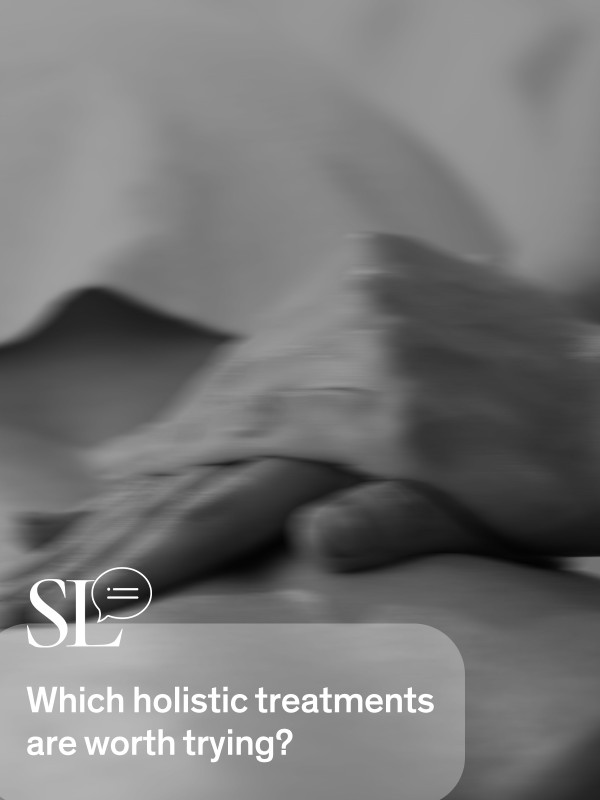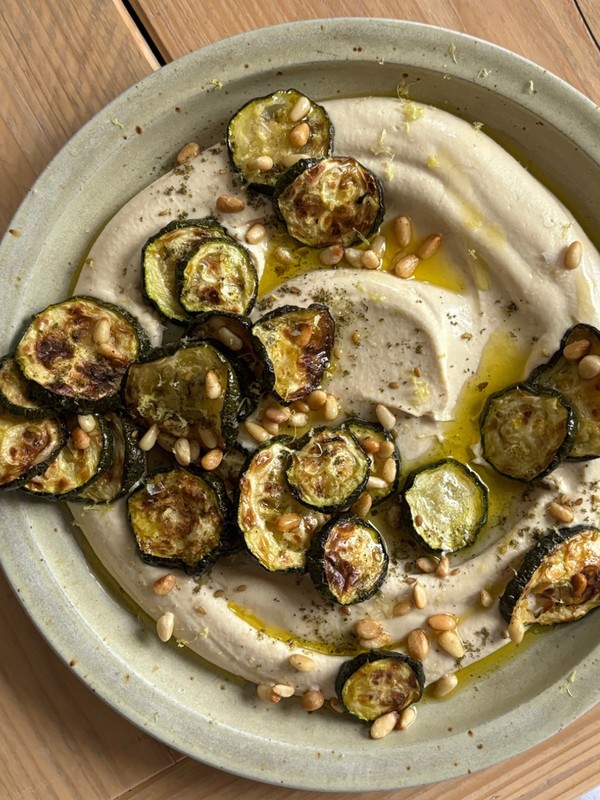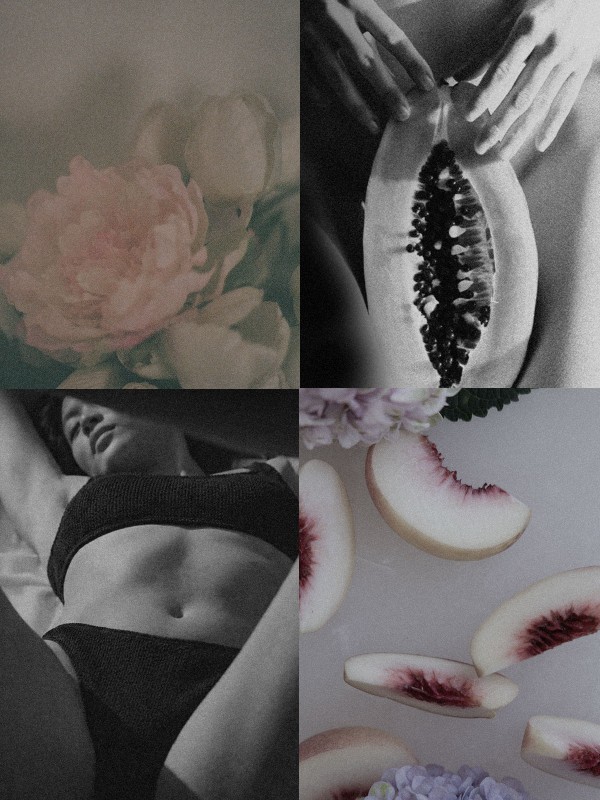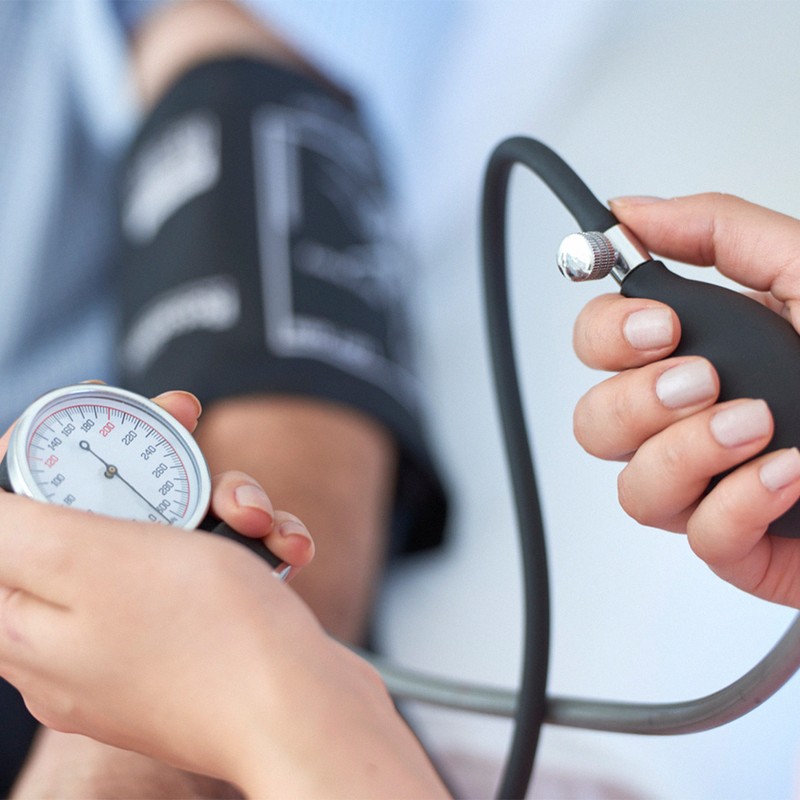
Blood Pressure 101: What You Need To Know
Firstly, what is blood pressure?
In a nutshell, blood travels through the body via the circulatory system, a maze of blood cells of varying sizes. Blood moves from larger arteries and veins that direct blood to and from the heart to tiny capillaries that reach the smallest and farthest parts of the body. Blood pressure rises with each heartbeat as blood is pushed out of the heart into the arteries, and falls when the heart relaxes between beats. As Dr. Aragona Giuseppe explains, “Blood pressure is a measure for the force that your heart uses to push blood around the body, and it matters because if it’s either too low or too high, both can cause future complications.”
Why exactly does blood pressure matter?
While it may seem like a stronger blood flow would equate to a healthier, more robust, body, the opposite is true – a steady, gentle pressure is the goal. In fact, blood pressure directly affects the health of your blood vessels – healthy vessels are strong and flexible, and can withstand the constant pressure of blood passing through the body. Over time, however, chronic high blood pressure causes damage to healthy blood vessels, and it’s these unhealthy vessels that put you at risk for certain health conditions such as heart attacks, stroke and kidney failure.
What makes blood pressure go up and down?
As Dr. Giuseppe explains, blood pressure can go up in the short and long term, but it’s long-term raised levels that can take their toll on your health. “When you are stressed, your body sends the stress hormones adrenaline and cortisol into your bloodstream, which may cause a temporary spike in blood pressure, causing your heart to beat faster as your blood vessels start to narrow. Caffeine, alcohol and cigarettes can also have an immediate effect on blood pressure, but this tends to settle down within an hour or so.” However, Dr. Giuseppe says long-term consumption of these substances, or prolonged periods of stress, can wreak havoc on your health – high blood pressure means your heart is overworking, which can put a strain on your circulatory system.
When it comes to the numbers, what’s a healthy blood pressure?
To keep blood vessels and tissues healthy, blood pressure needs to remain within a certain range, which is why it’s important to know your numbers, and follow their pattern over time. “The ideal blood pressure tends to be between 90/60mmHg and 120/80mmHg. High blood pressure is around 140/90mmHg and low blood pressure will be 90/60mmHg or lower,” Dr. Giuseppe says. It’s important to remember blood pressure varies throughout the day, and your levels of physical exertion and stress (or a strong coffee) cause it to change temporarily, too. In fact, research shows regular coffee drinkers could see their blood pressure spike by up to 15mmHg after an espresso. Nonetheless, doctors agree single measurements of blood pressure aren’t particularly meaningful – in fact, a diagnosis of high blood pressure (often referred to as hypertension) isn’t normally made unless a high reading is measured on three separate occasions.
What’s more common – high or low blood pressure?
Statistics show hypertension affects 26% of British women, although Dr. Giuseppe says both low and high blood pressure affects women throughout their life, depending on age and lifestyle. “There are a number of factors for an increase or decrease in blood pressure as women age, including contraception, pregnancy, illness and menopause.”
What are the signs your blood pressure is either too low or too high?
Known as the ‘silent killer’, the problem with high blood pressure is that symptoms are few and far between, so unless you get tested, chances are you’re in the dark. However, Dr. Giuseppe says some people with high blood pressure do experience symptoms – headaches, fatigue, confusion, vision problems, chest pain, nosebleeds, an irregular heartbeat and blood in your urine are all common. On the flip side, signs your blood pressure is too low include dizziness, fainting, blurred vision, nausea, fatigue and a lack of concentration.
Is low blood pressure a concern?
The experts agree that if you’re healthy, young or extremely active, then low blood pressure isn’t the end of the world, unless it’s making you feel unwell. However, very serious cases of low blood pressure could be a sign of infection, so keep an eye on how you’re feeling – if you experience any dizziness, lightheadedness or nausea, chat to your GP.
What can you do to avoid high blood pressure?
While studies suggest high blood pressure can be genetic, especially if both of your parents are affected, it mainly comes down to lifestyle, says Dr. Giuseppe. “Maintaining a healthy and well-balanced lifestyle is imperative for keeping a healthy blood pressure. You should be eating a good diet of fruits, vegetables, grains and protein, ideally cutting meat consumption down to two or three days per week, and drinking at least eight glasses of water per day. Exercise is also hugely important but if you have had problems with your blood pressure in the past, be careful not to undertake anything too strenuous such as HIIT or running in the heat – yoga, Pilates and spin are considered well-balanced options.” And when it comes to stress, which the experts agree is sending our blood pressure into a tailspin, it pays to keep cortisol levels on an even keel. “Stress is a huge factor in blood pressure, so ensuring you keep your mind free from stress, anxiety and worry is imperative. Mindfulness, meditation and yoga will all help, but also adopting a healthy attitude to a work/life balance is key,” he says. In fact, a recent study by Brown University found adopting a mindfulness practice can lead to significantly lower blood pressure. Considering 46% of Brits say they feel constantly stressed, with 27% regularly close to breaking point, it’s never been more important to find some zen.
When it comes to nutrition, are there any specific foods that can help?
It could be worth looking to the DASH diet, a US-founded eating plan designed specifically to reduce blood pressure. Emphasising healthy food sources, it also limits red meat, salt and added sugar and encourages consumption of foods rich in nutrients such as magnesium and potassium, both of which can lessen the effects of salt on blood pressure. Moreover, a study of over 11,000 British men and women found vegans are significantly less likely to have high blood pressure than vegetarians and meat-eaters, and a separate study found that after one year of following a plant-based diet, 76% of patients with high blood pressure were able to either drastically reduce or completely discontinue medication. It could also be worth eating more cinnamon, with studies showing just half a teaspoon immediately decreases blood pressure levels by 20%. Oats, beetroot, garlic, celery and parsley also have similar effects.
How often should you get tested?
Unless you’re experiencing symptoms of either high or low blood pressure, aim to get tested every two to three years, says Dr. Giuseppe. However, if you’re over 40, it’s worth getting tested on a yearly basis so any problems can be detected early. The pros agree that when it comes to blood pressure – knowledge is power.
For more information visit PrescriptionDoctor.com.
*Features published by SheerLuxe are not intended to treat, diagnose, cure or prevent any disease. Always seek the advice of your GP or another qualified healthcare provider for any questions you have regarding a medical condition, and before undertaking any diet, exercise or other health-related programmes.
DISCLAIMER: We endeavour to always credit the correct original source of every image we use. If you think a credit may be incorrect, please contact us at info@sheerluxe.com.
